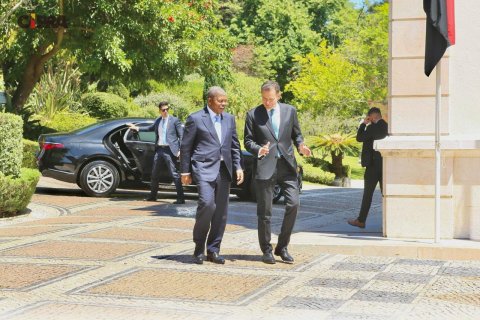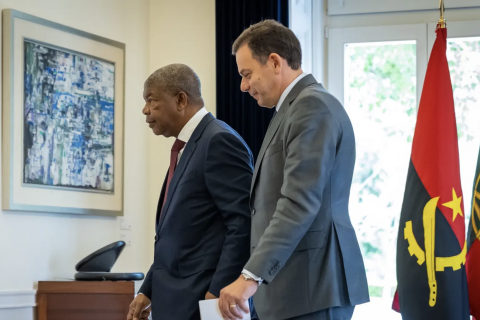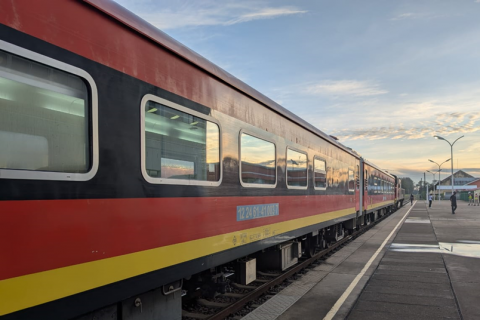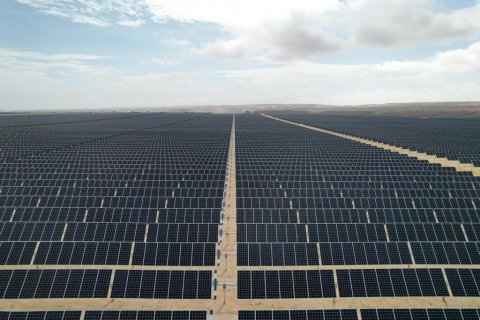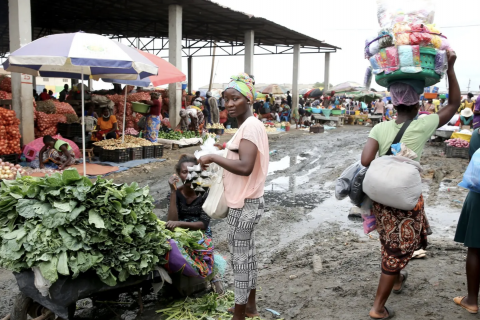This decision is in line with the Extended Financing Program signed between Angola and the International Monetary Fund (IMF), which included the progressive elimination of widespread fuel subsidies. The goal is to reduce unproductive public spending, improve transparency in budget management, and strengthen the state's investment capacity in priority social and economic areas.
For years, Angola practiced artificial fuel prices, far below its real import, logistics, and distribution costs. This model indiscriminately benefited all consumers—including those with the highest purchasing power—and encouraged smuggling into neighboring countries. In 2022, subsidies consumed more than US$2 billion from the State Budget, an amount that could have been allocated to health, education, transportation, and drinking water infrastructure. With the recent increase in diesel prices to 400 kwanzas per liter, public savings are estimated at over 700 billion kwanzas per year, approximately US$700 million.
The Executive's goal is to completely eliminate subsidies, allowing fuels to operate at market prices, in a free but regulated manner. This strategy will allow for the reorganization of the energy sector, attract private investment, combat waste, and increase social justice through specific compensation policies for the most vulnerable.
However, the immediate impact of subsidy removal is felt in the increased operating costs of transportation, consumer goods, and services, directly affecting low-income families. Therefore, it is urgent that the Government implement short- and medium-term mitigation measures that protect social cohesion.
One of the recommended actions was a controlled increase in urban taxi fares from 200 to 300 kwanzas per trip, accompanied by measures to prevent abusive speculation. Concurrently, it is necessary to invest in expanding the public transportation network, with modern, accessible buses in peripheral areas, as well as creating social passes for students, the elderly, people with disabilities, and low-wage workers.
Another important measure would be the creation of temporary and targeted subsidy programs, supporting vulnerable families with compensatory cash transfers, financed by the resources saved by the end of the subsidy. Furthermore, taxi and motorcycle taxi cooperatives should receive institutional support, with accessible credit lines and training in vehicle management and maintenance.
In the medium and long term, the benefits for the country are significant. Freeing up resources previously consumed by subsidies will allow for more strategic investments in key sectors such as education, healthcare, clean energy, infrastructure, and poverty alleviation. This change will also contribute to stabilizing public finances, reducing dependence on oil, and strengthening Angola's external credibility with international markets and multilateral partners.
It is essential that the government ensure maximum transparency in this process. The creation of a portal to monitor revenue savings and their application, with updated data accessible to the public, will strengthen citizens' trust in institutions. Furthermore, spaces for dialogue with transport operators, civil associations, and community leaders must be promoted to listen to real concerns and adapt solutions to the realities of the people.
The removal of fuel subsidies is a strategic, difficult, but necessary decision. It represents a historic turning point in the Angolan economic model, which must be accompanied by social responsibility and active listening to society. Angola's future demands bold reforms, and this is one of them.
With clear communication, well-calibrated social measures, and efficient allocation of resources, this process can not only alleviate the financial burden on the State but also open new paths for social justice, inclusive growth, and the construction of a more resilient and modern Angola.



